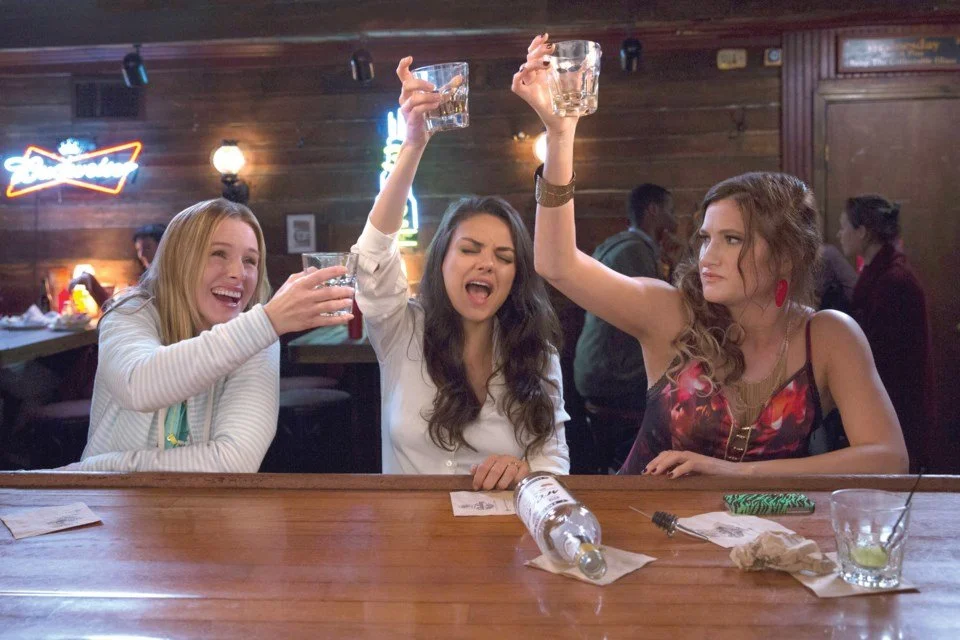Zen, Namaste, and Art of Carpool Confrontation (with a Side of Historical Reckoning)
Let’s talk about boundaries. Not the soft-focus, affirmation-laced kind. I mean the real, gritty kind—the kind that make your stomach drop the moment you assert them. The kind that leave you wondering, “Did I just become the villain in someone else’s story?”
Cut to me, getting out of my car in the elementary school carpool line. For the uninitiated, carpool is where grown adults—parents of small children—get to practice the very principles we preach to our kids: wait your turn, don’t cut, be aware of others. You’d think we’d have it down by now. Spoiler: we don’t.
So when someone zipped past me, ignoring the sacred zipper merge, I did what any boundary-holding, yoga-teaching, breathwork-practicing adult would do: I got out of my car, knocked on her window, and said something.
And then she rolled it down.
And I saw her.
One of the few moms of color at our school.
And suddenly, my liberal brain went into overdrive. Oh no. I’m the white-presenting guy enforcing rules. I’m the prolonged asshole telling a mom of color to “be aware of her surroundings.” My stomach dropped. My heart raced. My inner critic screamed, “You teach yoga! You’re supposed to be chill! You’re supposed to breathe through this!”
Then came another layer of reflection: Should I have been more aware of whose car I was walking up to? Should that have made a difference? I teach awareness, after all. I preach presence. And yet, in that moment, I was so focused on my own boundary that I didn’t pause to consider the broader context.
But here’s the thing—I’m a minority myself. I know what it feels like to be watched more closely, judged more harshly, and expected to represent more than just yourself. I’ve lived the tension of being both seen and unseen. I’ve worked in environments where minorities are pitted against minorities—where scarcity is manufactured, and proximity to power is dangled like a prize. Where the message is: There’s only room for one of you at the table, so act accordingly.
That’s the legacy of harm. It’s not just about race—it’s about systems that condition us to compete instead of connect. To police each other instead of protect each other. To internalize the idea that asserting a boundary is a threat, not a truth.
So when I walked up to her car, I wasn’t just asserting a boundary. I was stepping into a moment heavy with context—one that neither of us asked for, but both of us carry. And that’s the tension: how do you hold your truth without reenacting harm? How do you honor your discomfort without ignoring someone else’s?
We ended up having a conversation. It wasn’t hostile. It wasn’t dramatic. It was… fine. Respectful. Maybe even a little awkward. But it happened. And that’s what stuck with me—not that it was warm and fuzzy, but that it didn’t escalate. That I said something, and she responded, and we talked. And even though I don’t know how she felt about it, I know how I did: uncomfortable, self-conscious, and still unsure if I’d done the right thing.
I didn’t walk away from that carpool moment feeling enlightened. I walked away feeling awkward, exposed, and unsure. I questioned myself—my timing, my tone, my awareness. I wondered if I had done harm, even unintentionally. I spiraled a bit. And then I remembered: this is the work.
Not the curated calm. Not the perfect breath. But the messy, uncomfortable, deeply human practice of showing up with integrity, even when it’s hard. Especially when it’s hard.
As a man, and as a minority, I know what it’s like to live in systems that distort connection. I know what it’s like to be both the one who’s watched and the one who watches. I know how easy it is to internalize the idea that speaking up makes you difficult, or worse—dangerous. But I also know that boundaries are not aggression. They’re clarity. They’re care. They’re a way of saying, I matter—and so do you.
I didn’t know how she felt after our exchange. I still don’t. But I know I felt the weight of it. And I’m learning to sit with that weight, not as punishment, but as practice. Because that’s what yoga, meditation, and breathwork have taught me—not how to avoid discomfort, but how to stay with it. How to breathe through it. How to learn from it.
So yeah, I felt like an asshole. But I also felt like a human. And maybe that’s the most spiritual thing of all.

